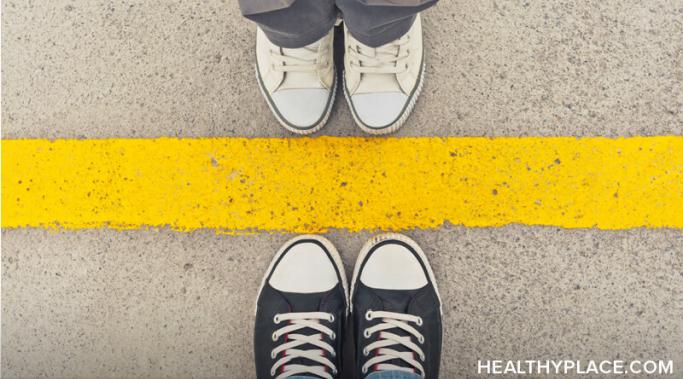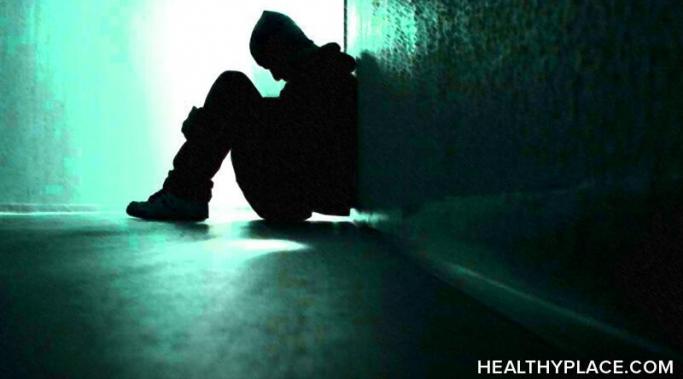Blogs
I am a relatively healthy person, apart from having anxiety and the physical symptoms associated with it. I'm lucky. Like a lot of people, I take my physical health for granted. Sure, I try to eat right and exercise almost daily, but on the whole, I go about my days assuming my health will continue to serve me as it has. Very recently, however, I heard from my doctor that I need a special test because cancer is suspected. Managing my anxiety while waiting to undergo medical tests has become my latest challenge.
Do you know the feeling when you successfully book your flight and accommodation for a vacation? No, not the feeling of excitement -- the uncertain feeling in the pit of your stomach that tells you something might go wrong on the trip. That feeling is trip anxiety.
Boundaries are one area in my life that I wish I were better at. I have trouble completely putting myself first, even if it becomes a detriment to myself, especially my mental wellbeing. It dawned on me, though, that I had set boundaries before. While I had thought I didn’t really have any, I do have boundaries I’ve set up to protect my mental health. The reason I’ve never really thought of them in that light is that I’ve struggled with feeling like a bad person by doing so.
Distraction from bipolar symptoms is something I rely on as a coping skill. In fact, it's pretty much an everyday coping skill for me. Bipolar symptom distraction may sound overly simplistic, and sometimes it is (although, not always), but sometimes the simple things just work.
As of this writing, I basically live alone. My family is scattered around the country, and though I have a good amount of friends, none live close. For a while, I've been debating whether or not this living situation is healthy or sustainable in the long run but deciding where to live is stressing me out.
I never really had a hobby, per se. I married young and had three kids. That, plus a full-time job, left little time for me, let alone hobbies. I write—this blog, for instance—and read, but I don't consider either of these hobbies. As a creative outlet, and with the hope that I could channel my thoughts and energy into something that wasn't all about my trauma and residual anxieties, I decided it was time to pursue a hobby.
Depression is not one-size-fits-all. However, if you had asked me a year ago to describe someone suffering from depression, I would have given you a generic and straight-up basic answer. My response would have gone something like this: An individual who is depressed is sad and doesn't enjoy pleasures that were once joyful. I'll be honest, my answer is not incorrect, but I can't seem to shake the hint of judgment in my tone birthed from ignorance towards depression that I had at the time. I would even go as far as to say that I had an unconscious bias towards the illness and mental health issues in general; little did I know, depression, like people, comes in all shapes and sizes.
In a previous blog post, I illustrated how I combat harmful thoughts about food. Now, I want to take this a step further and examine how I recalibrate behaviors around eating. These days, I have a healthier relationship with food than I ever thought possible. I attribute much of this transformation to a framework called intuitive eating—and the decision to make a peace treaty with food as part of my eating disorder recovery.
Verbal abuse can look different to everyone. For example, while some people experience humiliation, others may suffer from gaslighting. Alternatively, some abusers use multiple forms of abuse to control their victims. Unfortunately, my story involves virtually every textbook element of abuse, from verbal assaults to gaslighting and controlling and manipulative behaviors.
Recently, I came down with a really bad cold, and my schizoaffective disorder and accompanying anxiety made it worse. I honestly thought I would never get well again. Here’s what it was like.









